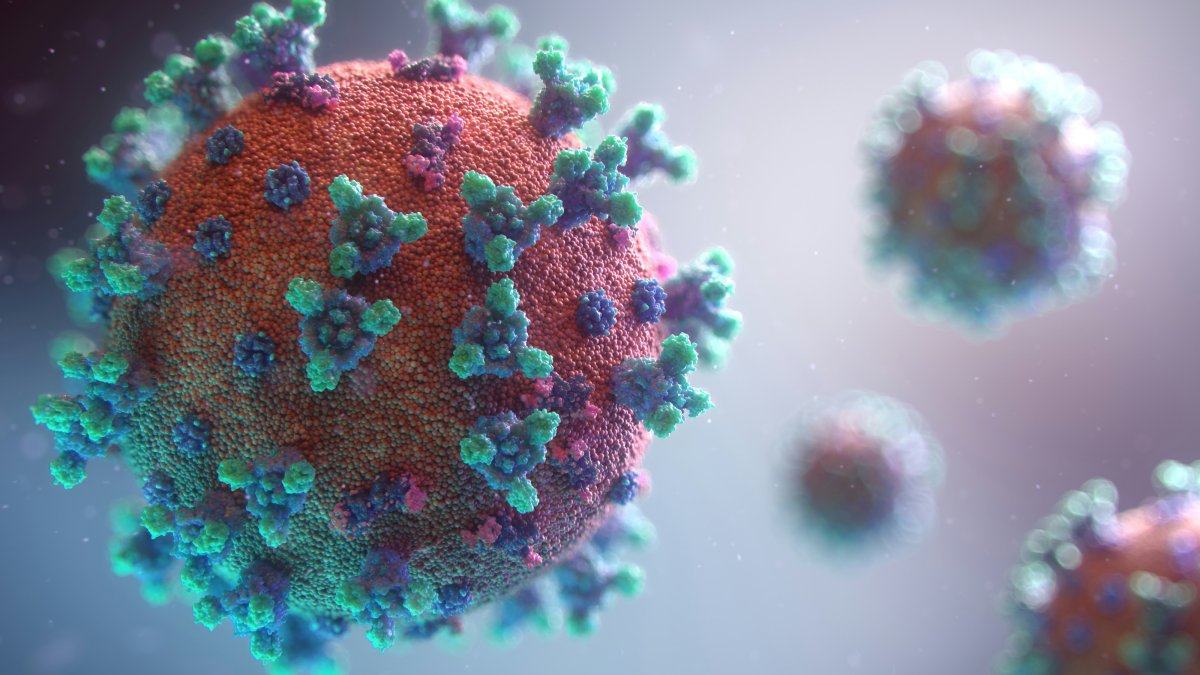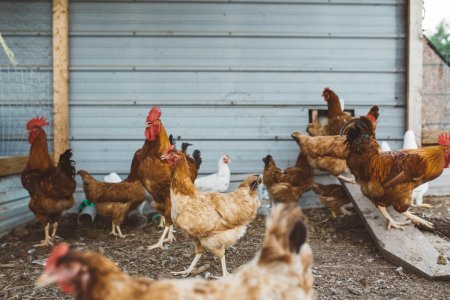
A virus that typically only affects animals has now been passed onto a human for the first time ever, prompting close monitoring by scientists.
While it’s not time to panic, it is time to pay attention.
For many of us, especially after living through the COVID-19 pandemic, stories like this can set off alarm bells. But before you start dusting off your old stockpile of hand sanitizer, let’s take a closer look at what’s really going on, what it means for you, and how you can stay informed and protected.
A virus makes the jump: What we know so far
Scientists are grappling with an unprecedented development: an avian influenza virus that has previously been reported in animals but never before in humans has infected a Washington state resident.
The case marks a significant, and worrying milestone in bird flu surveillance and raises important questions about viral evolution.
Earlier this November, an older adult in Grays Harbor County, Washington, was hospitalized with a severe illness. The symptoms were serious: high fever, confusion, and trouble breathing.
After being transferred to a specialist hospital in King County (home to Seattle), lab tests revealed something new—a strain of bird flu called H5N5.
While bird flu isn’t new, this particular strain had never before been confirmed in a human.
To put this in perspective, most human cases of bird flu have involved a different strain, H5N1. H5N5, on the other hand, has been found in animals but never in people—until now.
The patient, who had underlying health conditions, is currently receiving care, but officials have not released further personal details.
How did this happen?
The patient owns a backyard flock of domestic poultry and had contact with wild birds before falling ill. Two of their birds died from an unknown illness a few weeks prior, though the rest of the flock appears healthy.
While it’s not certain how the infection occurred, experts believe it’s likely linked to direct or indirect contact with infected birds—either through saliva, droppings, or handling a bird that died from the virus.
Health officials have tested people who were in contact with the patient, and so far, no one else has tested positive for bird flu.
Bird flu in the US: The bigger picture

Since the start of the bird flu outbreak in January 2022, there have been 71 confirmed human cases across the US, including one fatality reported in Louisiana.
The majority of these infections have occurred among individuals who had direct exposure to infected poultry or dairy cattle.
Washington state has now reported its first human case of the year—marking the first known US infection in at least eight months.
Since 2022, bird flu has spread across all 50 states, impacting both wild and domestic bird populations.
The outbreak has affected an estimated 174 million birds nationwide and has reached more than 1,000 dairy herds.
Since September, roughly 7 million farmed birds—including 1.3 million turkeys—have been affected, prompting worries about potential shortages during the Thanksgiving season.
Should you be worried?
Here’s the good news: health officials, including the Centers for Disease Control and Prevention (CDC), say the risk to the general public remains low.
Dr. Beth Lipton, Washington’s public health veterinarian, emphasized that H5N5 is not a brand-new virus, just new to humans. There’s no evidence that this strain is more infectious or dangerous than others.
Dr. William Schaffner, an infectious disease expert, called this case a “rare one-off event” with no widespread implications for the public. Still, experts are watching closely.
As Dr. Angela Rasmussen, a Canadian virologist, put it, “This is unpredictable.”
Viruses can change, and the more they circulate in animals, the more chances they have to adapt to humans.
The role of bird migration
Bird flu infections tend to spike during this season, when wild birds migrate and can spread the virus to new areas. This is why we’re seeing more cases in both birds and, rarely, in people who have close contact with them.
What’s being done?
The CDC and state health departments are on high alert.
They’re monitoring people with animal exposures, using flu surveillance systems, and working to contain outbreaks in poultry and dairy herds.
What can you do to stay safe?
While the risk is low, it’s always smart to practice good hygiene, especially if you have backyard chickens, ducks, or other poultry.
Here are some tips:
- Wear protective equipment when handling birds or cleaning coops
- Keep your flock away from areas where wild birds congregate
- Report unusual bird deaths to your local agricultural or animal health authorities.
- Get your annual flu vaccination—it won't prevent bird flu, but it reduces the risk of co-infection
- Wash your hands thoroughly after any contact with birds or their environment
- If you develop flu-like symptoms after contact with birds, let your healthcare provider know about your exposure.
If you spot signs of illness in your backyard flock or domestic birds, contact your local agricultural department.
Looking ahead: The importance of vigilance
The appearance of H5N5 in a human is a reminder that viruses are always evolving.
The Washington H5N5 case serves as a reminder that infectious diseases continue to evolve and surprise us.
While this development adds to scientists' growing understanding of bird flu, it doesn't fundamentally change the precautions that keep you safe: good hygiene, appropriate protective measures around birds, and staying up to date with vaccinations.
Have you ever kept backyard chickens or had close encounters with wild birds? Are you concerned about bird flu, or do you have questions about how to protect yourself and your family?
We’d love to hear from you!
Share your thoughts, questions, or experiences in the comments below. Your insights help make TheGrayVine a stronger, more informed community.
We’ll keep you updated as more information becomes available. In the meantime, remember: knowledge is power, and a little common sense goes a long way. Stay curious, stay cautious, and let’s keep looking out for each other.






